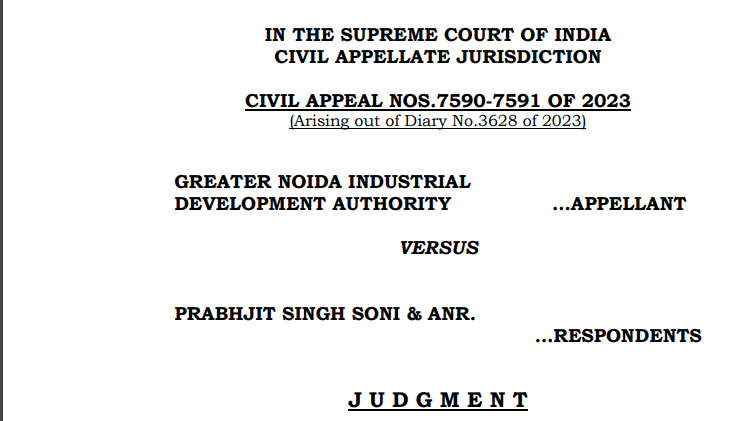“Supreme Court Affirms NCLT’s Recall Power: Key Analysis”
The Supreme Court, on February 12, noted that the Adjudicating Authority (AA), which is the National Company Law Tribunal (NCLT) under the Insolvency and Bankruptcy Code, 2016 (IBC), has the power to recall its order approving a resolution plan if the plan is not submitted in accordance with the requirements of the Code. In a specific case, the Resolution Applicant (RA) filed a recall application before the AA seeking to recall its order approving the resolution plan. The RA argued that the approved plan did not meet the conditions specified in Section 30(2) of the IBC.
However, the AA rejected the recall application, stating that it could not decide on the recall application after approving the resolution plan. The National Company Law Appellate Tribunal (NCLAT) also upheld the AA’s decision while dismissing the appeal against it. Subsequently, the RA appealed against the NCLAT’s order to the Supreme Court.
The key question before the Supreme Court was whether the Adjudicating Authority (NCLT) could recall an order of approval passed under Section 31(1) of the IBC, exercising powers under Section 60(5) of the Code. The Court held that the grounds presented in the recall application were valid for seeking a recall of the approval order, even though an appeal lay before the NCLAT against the AA’s order.
Referring to the M/S Amtek Auto Ltd. case, the Court affirmed that while the Tribunal does not have the power to review its orders, it does have inherent power to recall its judgment to ensure justice and prevent abuse of the legal process, as preserved by Rule 11 of the NCLT Rules, 2016. However, this power should be exercised sparingly and not as a means to re-hear the matter. An application for recall of an order is typically maintainable on limited grounds, such as when the order is without jurisdiction, the aggrieved party was not served notice, or if the order was obtained through misrepresentation or fraud.
Consequently, the Court allowed the appeal and directed that the resolution plan be sent back to the Committee of Creditors (COC) for resubmission, ensuring it complies with the parameters set by the IBC. Justice Manoj Misra, in authoring the judgment, emphasized that a Court or Tribunal has inherent power to recall an order in the absence of any contrary provision, to secure justice and prevent abuse of the legal process. This power is not prohibited by the IBC or its regulations, and Section 60(5)(c) of the IBC, along with Rule 11 of the NCLT Rules, 2016, empowers the NCLT to entertain or dispose of questions arising from insolvency proceedings. Therefore, even without a specific provision, the Tribunal has the power to recall its orders.
If you already have a premium membership, Sign In.














